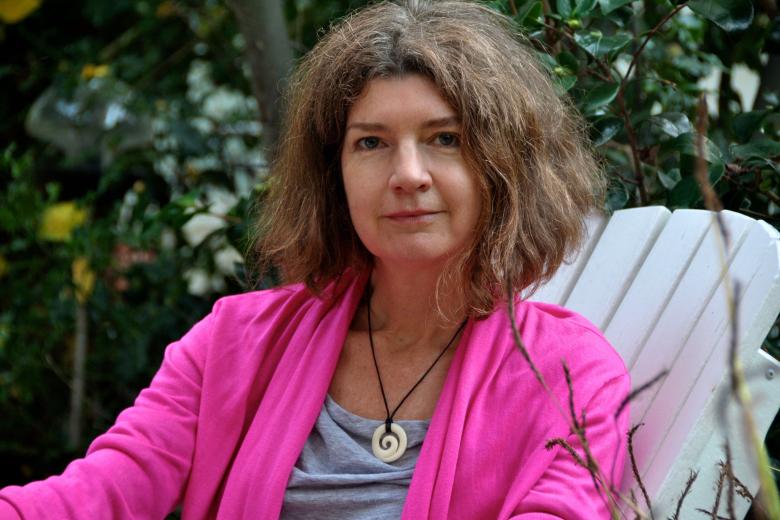Biobased socks from Sustainable Polymer
Polylactic acid (PLA) acknowledged as sustainable and eco-friendly is a biodegradable and compostable polymer obtained from annually renewable resources. With substantial commercial prospective as a textile fiber, this polymer has not been investigated much in apparel applications. Therefore, PhD candidates Muhammad Maqsood (project leader), Naveen Balakrishnan and Prof. Gunnar Seide of the Polymer engineering group of The Aachen-Maastricht Institute for Biobased Materials started to investigate this polymer for the BioTex Fieldlab project.
Aim in their study was to develop biobased compostable socks from PLA, draw textured melt spun yarns, to examine the effect of yarn linear density, fabric structure and stitch density on thermo-physiological characteristics of PLA based socks. 100% PLA based multifilament yarns of two different linear densities were melt spun and later draw textured on false twist texturing machine to be used for socks knitting. Single jersey and rib structures were produced with two different stitch densities to investigate their effect on thermal resistance, relative water vapor permeability, thermal conductivity, vertical wicking and air permeability of the socks.
The outcomes of this research may be useful in determining suitable manufacturing requirements of PLA based socks to accomplish precise thermo-physiological properties.
Also read
-
How sustainable and healthy is the new all-vegetable food line?
Under the name "Terra," Albert Heijn has introduced a 100 percent plant-based product line, with some two hundred different food items ranging from beverages to spreads and meat substitutes. How sustainable and healthy are these products?

-
A better understanding of taste and mouthfeel
A better understanding of taste and mouthfeel

-
Man is not at the top of evolution
Man is not at the top of evolution says Jose Joordens
